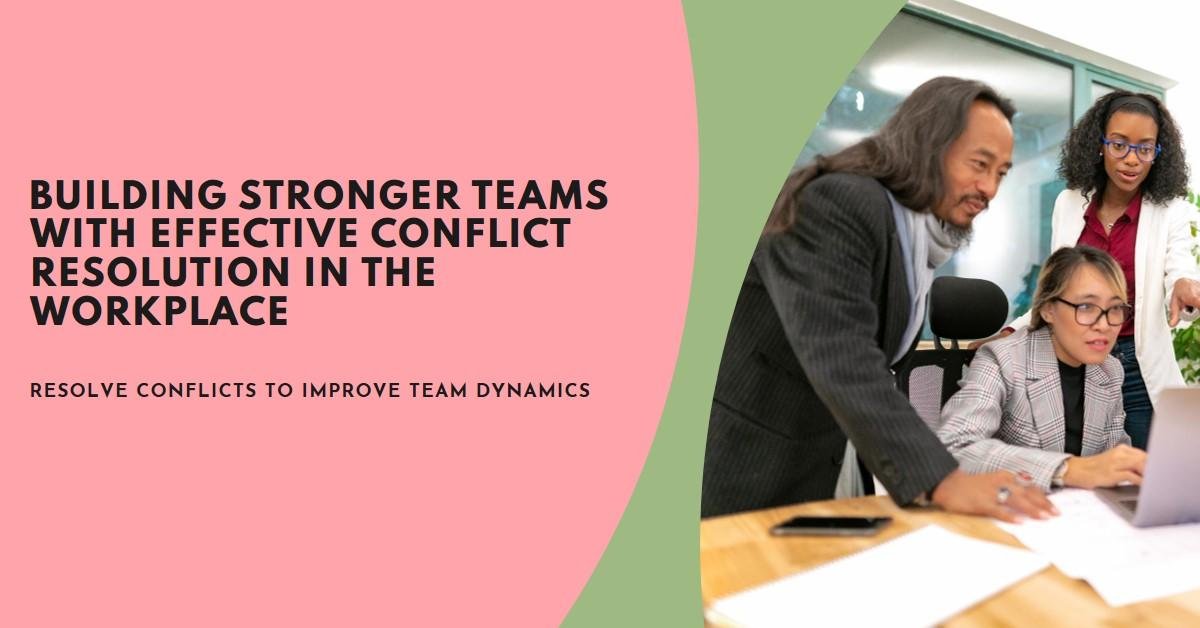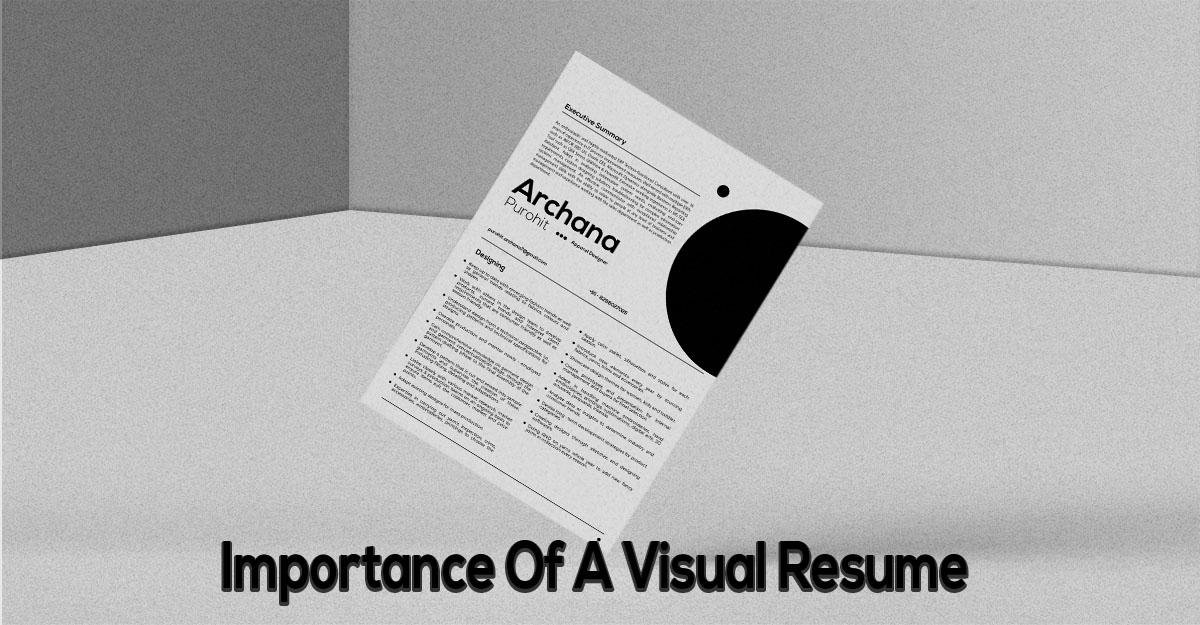Effective Conflict Resolution in the Workplace: Building Stronger Teams

In the dynamic landscape of today's workplaces, conflicts are inevitable. From differing opinions on project approaches to interpersonal clashes, conflicts can arise in various forms and escalate if not handled effectively. However, conflicts don't have to be detrimental to team dynamics; they can serve as opportunities for growth and strengthening team cohesion. In this article, we explore effective conflict resolution strategies that can help build stronger teams in the workplace.
Understanding Conflict in the Workplace
Conflict in the workplace is not uncommon and can stem from various sources, including differences in communication styles, conflicting goals, and personality clashes. It's essential to recognize that conflict itself is not inherently negative; how it's managed determines its impact on team dynamics. Unresolved conflicts can lead to decreased morale, hindered productivity, and strained relationships among team members.
Importance of Effective Conflict Resolution
Addressing conflicts promptly and constructively is crucial for fostering a positive work environment and maintaining team effectiveness. Effective conflict resolution not only resolves immediate issues but also promotes open communication, trust, and collaboration among team members. By learning to navigate conflicts successfully, teams can leverage diverse perspectives and experiences to drive innovation and achieve shared goals.
Strategies for Effective Conflict Resolution
1. Open Communication
Encourage open dialogue among team members to address conflicts as they arise. Create a safe space for individuals to express their concerns and perspectives without fear of judgment. Active listening is key to understanding different viewpoints and finding common ground for resolution.
2. Collaboration and Compromise
Approach conflicts with a mindset of collaboration rather than competition. Encourage parties involved to work together to find mutually beneficial solutions. Emphasize the importance of compromise and finding win-win outcomes that address the needs of all stakeholders.
3. Mediation and Facilitation
In situations where conflicts escalate or become entrenched, consider involving a neutral third party to facilitate resolution. Mediators can help guide discussions, manage emotions, and facilitate constructive dialogue aimed at finding solutions acceptable to all parties involved.
4. Clarify Roles and Expectations
Many conflicts arise from misunderstandings or ambiguous roles and expectations within teams. Clarify roles, responsibilities, and expectations upfront to minimize potential conflicts. Ensure that team members understand their respective contributions to shared goals and how their roles intersect with others'.
5. Focus on Solutions, Not Blame
Shift the focus from assigning blame to finding solutions. Encourage a problem-solving approach that prioritizes identifying and addressing the underlying issues contributing to the conflict. By reframing conflicts as opportunities for growth and improvement, teams can foster a more positive and constructive work environment.
The Role of IRC Resume in Supporting Team Success
At IRC Resume, we understand the importance of effective conflict resolution in building stronger teams. As a leading provider of resume writing services, we specialize in helping individuals showcase their skills, experiences, and achievements to excel in their careers. Our team of professional writers is committed to delivering personalized and impactful resumes that highlight your strengths and value proposition.
In addition to resume writing services, IRC Resume offers career coaching and professional development resources designed to support individuals and teams in achieving their goals. Whether you're navigating workplace conflicts or aiming for career advancement, our services are tailored to meet your needs and empower you to succeed.
Conclusion
Conflict is an inevitable aspect of workplace dynamics, but it doesn't have to undermine team effectiveness. By adopting effective conflict resolution strategies, teams can transform conflicts into opportunities for growth, collaboration, and innovation. Open communication, collaboration, mediation, and a focus on solutions are key pillars of successful conflict resolution. With the support of services like IRC Resume, teams can navigate conflicts with confidence and build stronger, more resilient teams poised for success.









